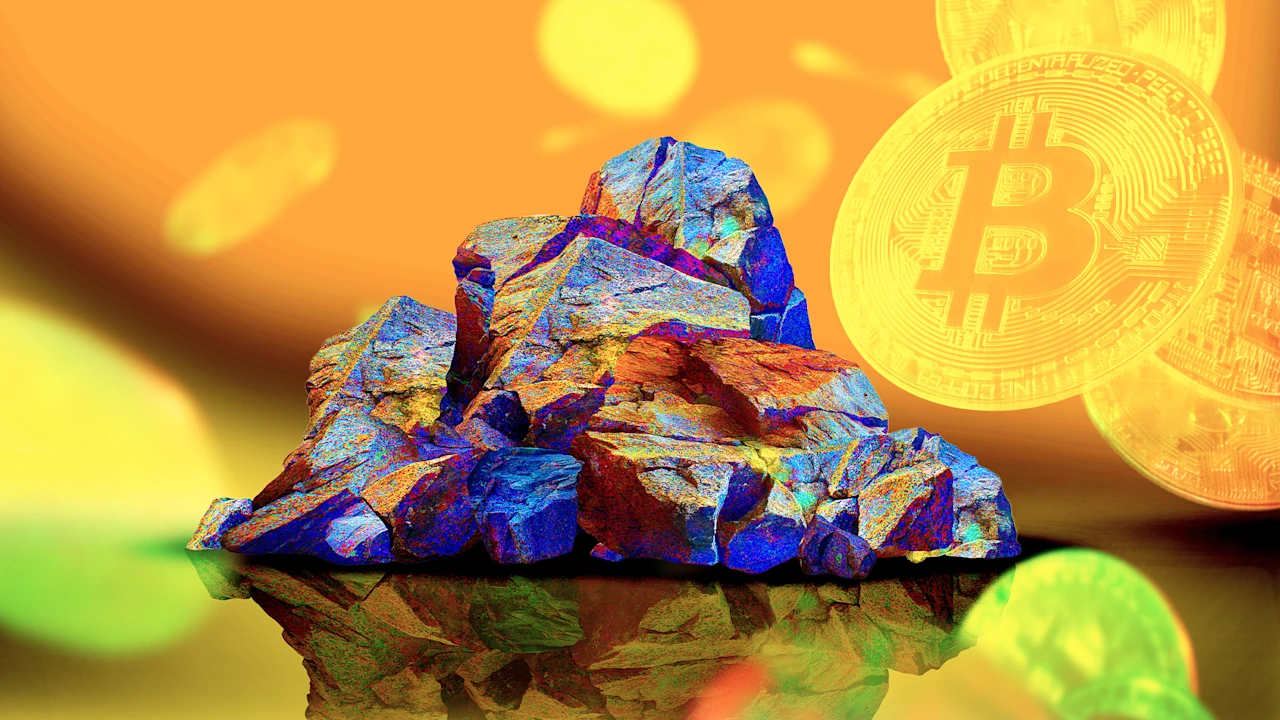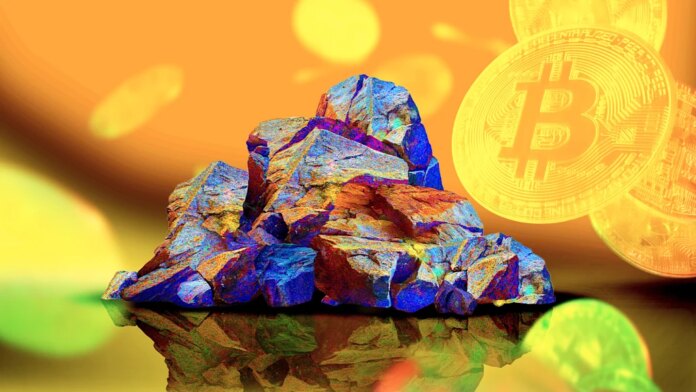
On October 10, shares of U.S. rare earth stocks rose after President Donald Trump accused China of strict export controls and threatened a “massive increase of tariffs on Chinese products” once again. However, the comments ended up triggering a market sell-off.
At issue, per CNBC: China imposed stricter export controls on critical rare earth minerals that the U.S. technology industry depends on for electronics, robotics, and electric vehicles; the minerals are also critical for the U.S. defense industry. The news network reported that China will now require foreign entities to obtain a license to export products that contain rare earth elements worth 0.1% or more of the goods’ value.
“I will be forced, as President of the United States of America, to financially counter their move,” Trump said on his Truth Social platform. “There are many other countermeasures that are, likewise, under serious consideration.”
Stock market effect
After Trump announced his plans to raise tariffs on Beijing, a number of rare earth stocks went up: USA Rare Earth surged 19%, Energy Fuels rose 10%, and MP Materials gained 15%, CNBC reported.
By the end of the day, those stocks had lost some of those gains, with USA Rare Earth up only 6% and Energy Fuels up just 4%; MP Materials maintained its position, up 10%.
On the other hand, the global cryptocurrency market lost nearly $125 billion within hours. The total global crypto market capitalization was at $4.05 trillion, down 3.94% in the past 24 hours, marking a 83.68% change from one year ago.
The market cap of Bitcoin (BTC) was at $2.32 trillion, representing a Bitcoin dominance of 57.23%. Meanwhile, stablecoins’ market cap was at $310 billion, with a 7.66% share of the total crypto market cap, according to CoinGecko.
The sell-off quickly spread to the stock market: The S&P 500 lost 2.71%, the Dow Jones Industrial Average closed the day down 878.82 points (1.9%), and the Nasdaq Composite fell 3.56%, CNBC reported. That sell-off included Nvidia (NVDA), which was down almost 5% at the close of the market.
Source link






